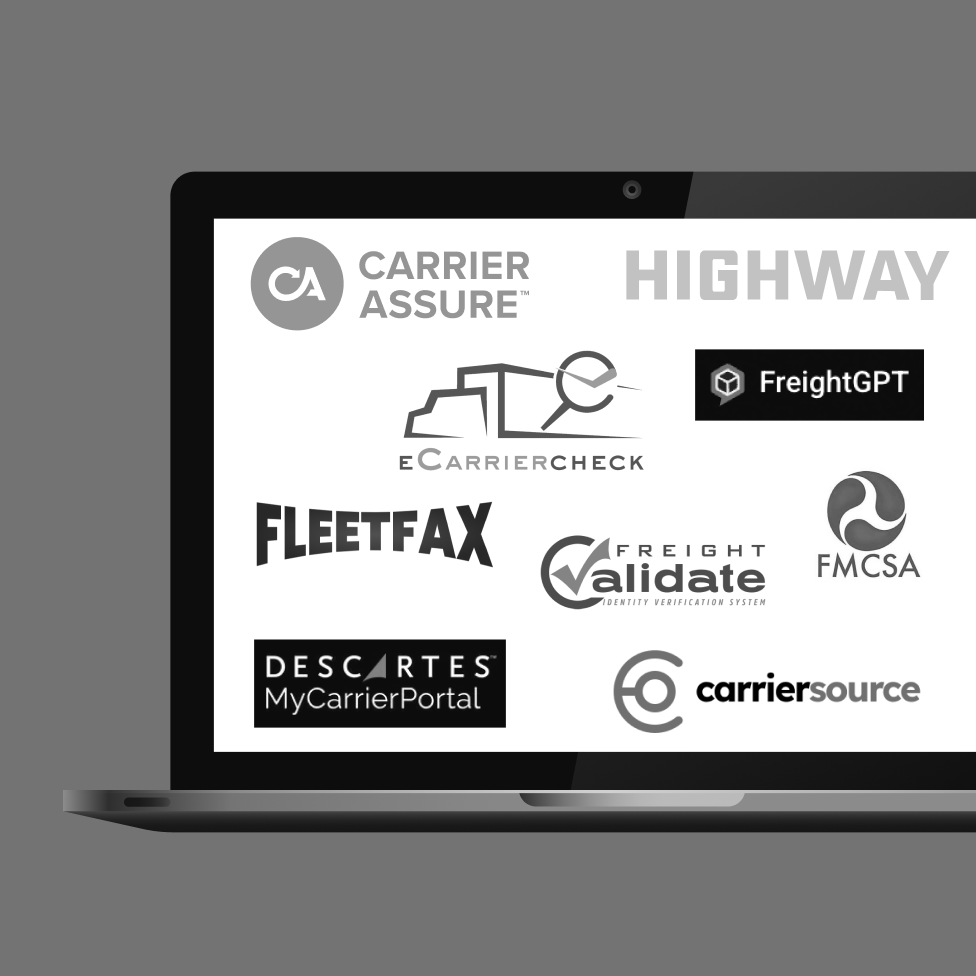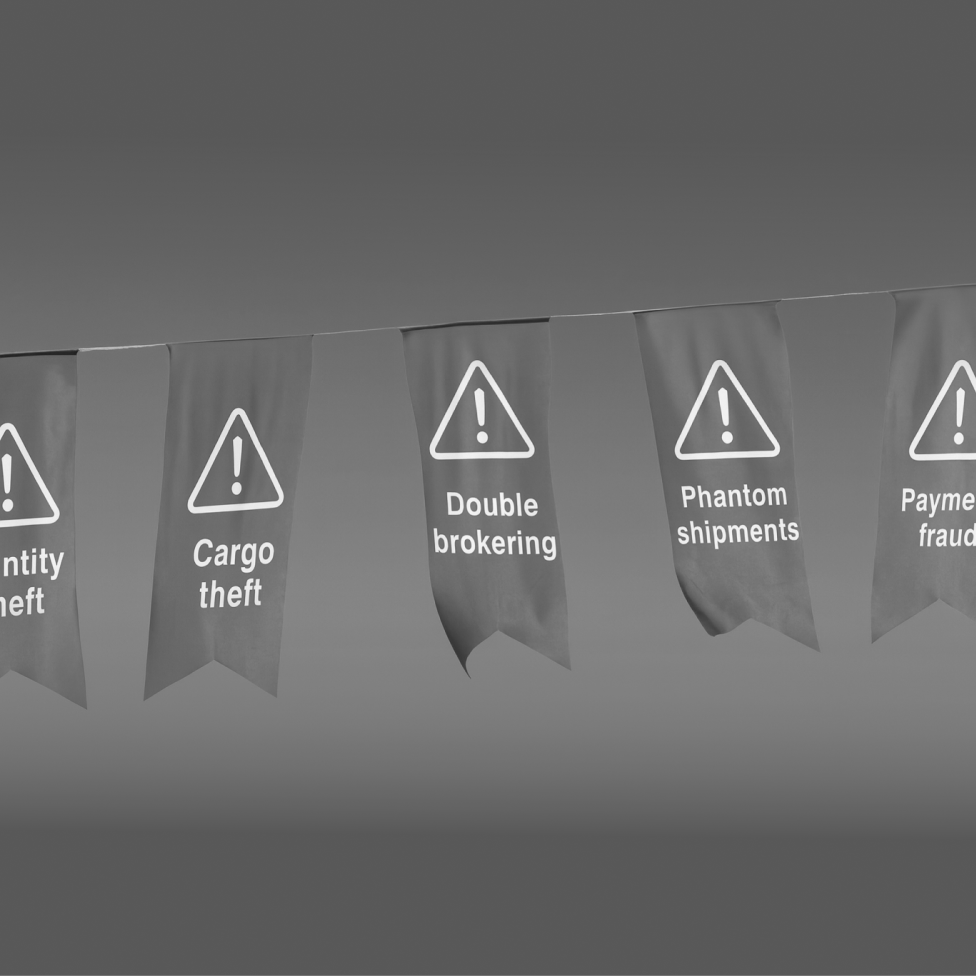Even in the best of times, liquidity may pose a challenge for brokers. Freight brokers must often pay carriers before shippers pay them, which means the money goes out before it comes in. COVID-19 has made the situation even more difficult. Thanks to widespread volatility throughout the supply chain, shippers’ financial conditions can change drastically and on a dime. Some may have to delay payment to brokers beyond the usual timelines. Yet, carriers will not take kindly to delayed payments.
With that in mind, it's more important than ever for freight brokers to maintain liquidity to give their brokerage a safety net. Here, we share some tips on improving the liquidity of your freight brokerage as you grow.
Three Ways to Improve Freight Broker Liquidity
How can freight brokers improve liquidity without jeopardizing their relationships with shippers and carriers? Here are three ways to achieve that goal:
1. Keep Investing in Relationships
Logistics is a relationship-driven industry — especially for brokers. A freight broker’s entire business model depends on consistently streamlining transportation for customers and maintaining strong relationships with carriers. When times get tough, brokers must not lose sight of that foundational fact. Performing successfully with carriers and shippers amid disruption helps your brokerage secure long-term partnerships. Perhaps more importantly, shippers will appreciate how your brokerage went the extra mile for them. That confidence, in turn, will put you at the top of their payment lists. Shippers will prioritize paying your invoices because they will not want to lose the value you deliver. Even if payments arrive late, the delays will not seem as severe as they could have been.
2. Automate Repetitive Administrative Tasks
When disruptions and pivots occur, liquidity remains a top concern for freight brokers — but not the only concern. Depending on the activity in the supply chain, adjustments to your operations may prove necessary. For example, a surge in demand might require you to find more carriers operating out of sectors less affected by the ongoing disruptions to handle the overflow. If you’re worried about processing invoices and chasing down payments, you may lack the bandwidth to focus on more critical business decisions. Automating these functions using time-saving integrations will free up your workforce to handle more complex, time-sensitive business decisions. Some financial platforms, like Denim, offer managed collections services, which means they retrieve payment from shippers. Financial platforms may also provide automated invoicing, doing away with the task of billing all your shippers manually. When combined, these two capabilities can improve cash flow while liberating brokers to focus on responding to the volatility of the moment.
3. Try Factoring for Freight Brokers
Factoring for freight brokers is a great way to maintain usable cash flow so you can continue to focus on growing your business and ensure liquidity. Factoring allows brokers to get immediate cash for unpaid invoices by working with a factoring service. The factoring service then takes on the task of collecting payment from the shipper. So even if a shipper pays late, your brokerage can make sure it has the cash it needs to keep operations running. Even brokers who feel they’ve grown beyond the need for freight bill factoring services can still benefit when external events negatively affect cash flow.Every invoice does not necessarily require factoring. Some factoring partners offer spot factoring, where brokers can collect normally on invoices they expect to be on time while factoring any invoices where they expect delays.
Maintaining Liquidity Doesn’t Have to Be Hard
With the right combination of automation, financing, and old-fashioned relationship-building, brokers can stay liquid no matter the obstacles they face. If you’re interested in learning more about how Denim can help grow your credit and help build your business, we’d love to talk.

Denim’s automated solutions streamline your back-office operations. Explore our solutions to see how Denim can help your business scale efficiently.
There's a better way






